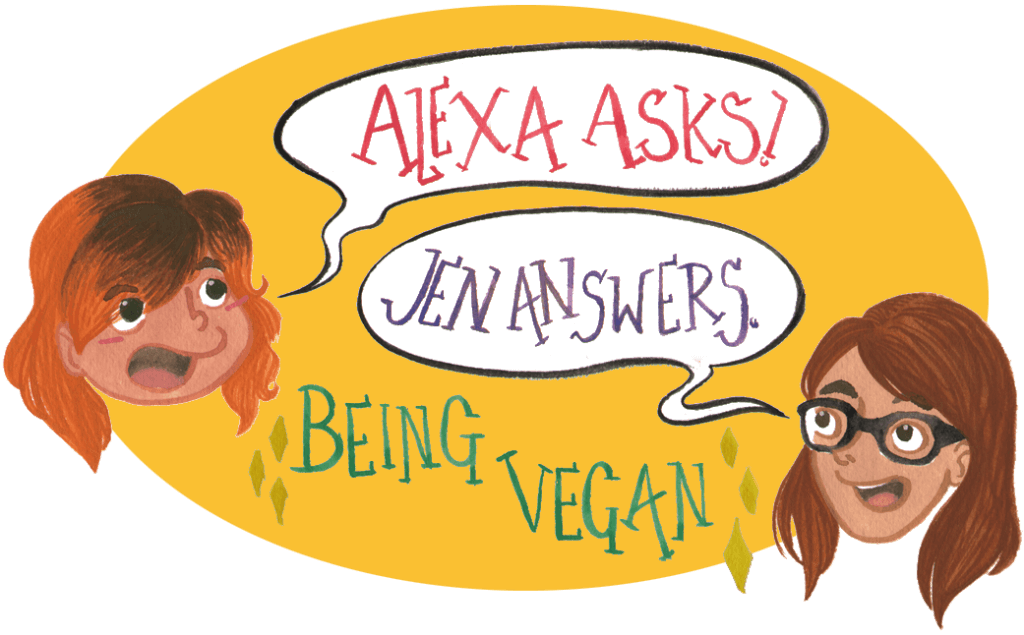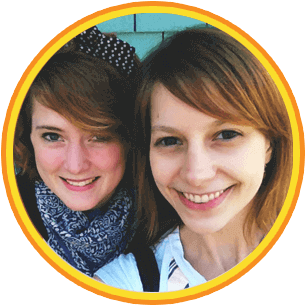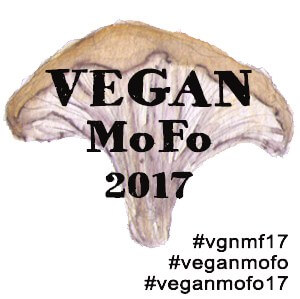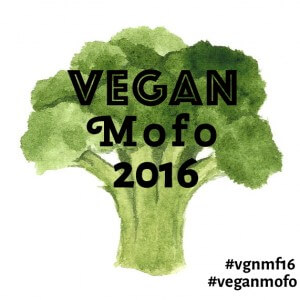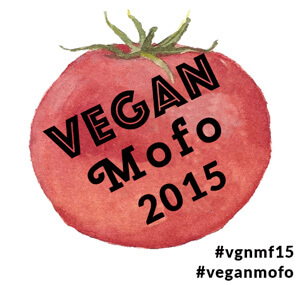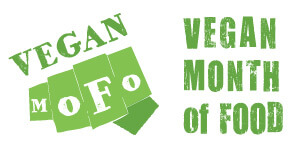Alexa is working toward a vegetarian diet, and is loaded with questions. Jennifer’s got answers. We talk about anything as long as it is vegan. Are tattoos vegan? How do I politely not eat Thanksgiving dinner? How do I order without pissing off the waitress? We know you are dying to ask!
By definition honey isn’t vegan, but I honestly have a hard time giving a crap! What are some good reasons to stop consuming honey and beeswax?
Those damned bees, being so damned productive and good at their damned jobs. Before going vegan I didn’t give two shits about honey or beeswax. I’d pass by stands and give a big yawn. For years I never check honey on my no-no list, and honestly I am sure I didn’t consume that much since I never actively bought honey.
Then I learned about mead and fermentation. I suddenly became obsessed about honey and making mead. It was a miracle drink, one could sweeten a cocktail with more booze! It was amazing. Till one day I asked myself, why should I care about bees? Do we really harm them to farm honey? And naturally I wondered about how “domesticated” honeybees and how they shape the environment. Now I am finding myself eliminating honey from my diet, which I am finding to be incredibly hard.
Vegans have very different views and boundaries, which can cause some arguments in the community. Bees, oysters, and many other invertebrates get the short end of the stick. Many people who adopt a vegan diet for health tend to include honey in their diet. Some vegans will eat oysters and other bi-valves since their nervous system is drastically different, and in theory don’t feel pain. Some vegans would argue that by not eating honey or bi-valves we are drawing clear and distinct lines. Some would argue that we truly don’t know how much pain we are causing to these animals. And some will argue that exploitation is still exploitation.
Humans like to think that the smaller the animal the smaller of a life it has. But insects can have incredibly long and complex lives. For example the queen bee can live as long as seven years while other bees live much shorter lives ranging from a few weeks to half of a year. Bees have complex social systems (like humans) and have a precise way of sharing information through dance. Their dance shares sources of pollen, and will calculate the change of the position of the sun.
What makes honey and bees wax a hard sell to stop consuming is that bees aren’t as adorable as puppies. But in many ways we should find bees very relatable. They have a complicated form of communication, they have a complex social structure, and they probably have a range of emotion. Yes, scientific research is showing that bees have emotions. And it makes sense for an animal to form emotions when they have a strict social structure. And if bees do have emotions, then maybe they don’t like having their wings clipped or being artificially inseminated.
Many people rationalize that bees don’t NEED the honey. Surely there is enough to go around, right? Well, the answer is not really. To put into perspective how important honey is to bees, some species die once they sting an enemy to protect their honey. If the hive is destroyed, the bees quickly gobble up their weight in honey so they can build up their reserves again in their new colony. Anyone who has done beekeeping and have collected honey will tell you that you have to feed the bees with a cheap sugar syrup– meaning we need to replace what we took from the bees.

But what about keeping the bees alive? We are constantly hearing about how bees are dying off and it might seem that honey consumption would be a great excuse to help keep bees alive. But this isn’t necessarily true. At least in the United States, our bees used in farming are not native. They have been imported from Europe, and clearly the flowers and fruit that occur naturally in the US have pollenated just fine. In fact some produce cannot be pollenated by domesticated bees (such as early spring blooms like blueberries), and I am sure if you have been at a farm or CSA, you probably haven’t seen a bee hive. Keep in mind that pollination can be done naturally with bees, insects, mammals, reptiles, birds, and humans.
There is a difference between bee farming for honey production, and pollination. Honey farming probably isn’t what you are picturing in your mind, it more similar to cows, bees are farmed in different ways according to their purpose. The honey we eat comes from bees that are confined to specific crops. Each plant will effect the taste of honey, so humans pick the food for bees. So when you buy honey it isn’t going to help pollenate almond trees. When bees are raised for pollination, it usually implies that their colony will be shipped long distance to pollenate a crop. Sometimes the bees aren’t coming back. A lot of bees get shipped to pollenate almond trees, and they have had negative effects on bee colonies. The dependence of domesticated bees have actually caused a decline of native bees, which are better for pollination since they are less susceptible to diseases.
TL:DR; Honey isn’t vegan because
- It doesn’t fit the definition, it is an animal by product
- Bees need the honey to survive, and humans provide alternate foods to keep colonies going
- Bees colonies are incredibly complex and intelligent
- Bees may have emotions.
- Most produce don’t need domesticated bees for pollination
- Domesticated bees usually lead to declines to native bees, endangering native plants.
As far as I am concerned there are lots of reasons to reduce consumption of bee products. But it can be hard since we eat honey and use beeswax in many other contexts. We rub beeswax on our hands and on our lips. It can also be used in lost-wax casting, candles, art, bow making, sewing threads, shoe laces, etc, etc. The list is so long that it will be featured in next week’s Alexa Asks.

